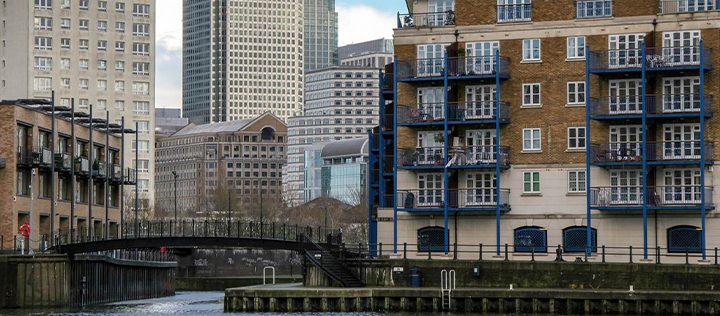
VAT penalties
Challenging HMRC’s view of what constitutes dishonest conduct
A UK branch of an overseas manufacturing company under-declared £1.2m of VAT over a 15 month period.
The challenge
Our overseas client discovered that a senior employee was manipulating the company’s accounting system so that VAT on selected sales invoices was not being reported in the VAT returns of the UK branch. The employee was able to mask significant withdrawals of cash for his personal gain that initially went undetected by the company directors. The under declaration came to light when HMRC initiated a routine VAT inspection of the UK branch’s records.
How did Blick Rothenberg help?
Following Blick Rothenberg’s engagement to provide advice on the matter, an immediate disclosure was made to HMRC followed by full payment of the £1.2m of VAT owed. HMRC initially took the view that, as the senior employee held a position of responsibility within the company and was able to exercise a significant degree of control and influence over both its directors and staff, a “dishonest conduct” penalty was appropriate. This could potentially be 70% of the tax under declared (i.e. £840k) but HMRC agreed to allow the maximum reductions to 35% (i.e. £420k) in order to reflect the quality of the disclosure and level of cooperation.
The outcome
Following lengthy representations made on behalf of our client, Blick Rothenberg successfully argued that the taxpayer (the company and its directors) were the victims of the dishonest conduct rather than the perpetrators of it. Evidence was produced to demonstrate that the employee had acted without the knowledge of the directors and had never been given authority to access the company’s accounting system in order to manipulate the VAT records. HMRC eventually agreed to reduce the penalty to one of “failure to take reasonable care”. This was on the basis that the company should have had a more robust system in place that would have detected the employee’s actions earlier. The penalty for failing to take reasonable care is potentially 30% of the tax under declared (i.e. £360k) but again HMRC were prepared to allow the maximum reduction for a prompted disclosure to 20% (£240k). However, after 3 months of protracted negotiations, HMRC also agreed to suspend this penalty subject to additional controls on the company’s accounting system being put in place (a process which had already been implemented by this time). Having met the suspension conditions the penalty was waived in full.
This was an excellent result for our client which we attribute to the good relationship and rapport built up with the case officer who was then able to present our arguments to HMRC’s policy unit for an ultimate decision on the penalty. The parent company has taken criminal proceedings against the former overseas employee.
Related services
Contact Alan















